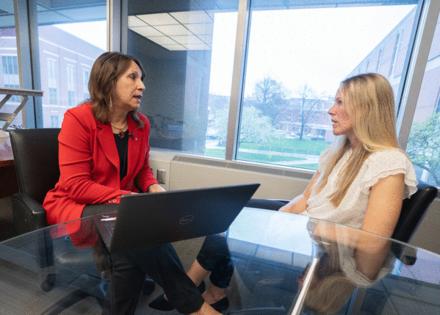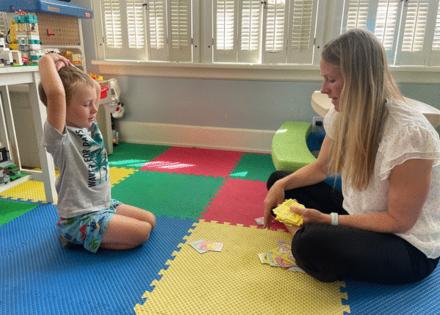Q&A: Parent burnout is real. Here's what you can do about it
Published in News & Features
It's been several years since kids returned to their classrooms and workers went back to their offices. We dine indoors at restaurants and don't hesitate to board a plane for a family trip.
COVID-19 isn't disrupting our lives like it did in the days of lockdowns, social distancing and mandatory masking. So why are so many parents still struggling like it's the height of the pandemic?
A report released Wednesday by researchers at the Ohio State University College of Nursing sums it up in two words: parental burnout.
"When the pressures of parenting lead to chronic stress and exhaustion that overwhelm a parent's ability to cope and function, it is called parental burnout," the report explains. This condition leaves moms and dads "feeling physically, mentally and emotionally exhausted, as well as often detached from their children."
In a survey of 722 working parents conducted in June and July 2023, 57% reported symptoms indicative of this modern-day malady. That's only a small improvement from the early months of 2021, when 66% of parents surveyed were described as burned out.
Report authors Kate Gawlik, a family nurse practitioner, and Bernadette Mazurek Melnyk, the university's vice president of health promotion and its chief wellness officer, found that people struggling with parental burnout were straining to live up to unrealistic expectations. They felt judged by family and friends if they hadn't steered their children onto the honor roll and an all-star sports team while planning a picturesque vacation and keeping their homes neat and tidy.
Those are the wrong goals, Gawlik and Melnyk said.
The survey found that the more extracurricular activities a child was involved in, the more likely he or she was to have trouble with concentration, get into fights with other kids, have low self-esteem and exhibit other behaviors that can lead to poor mental health.
However, those risk factors became less likely when children had more time for unstructured play and spent more quality time with their parents.
Not only is there no such thing as a perfect parent, but also, the more you try to be one, the more your efforts will backfire, Gawlik and Melnyk said. They spoke with The Times about what they've learned about parental burnout and how to overcome it.
...continued
©2024 Los Angeles Times. Visit at latimes.com. Distributed by Tribune Content Agency, LLC.










Comments